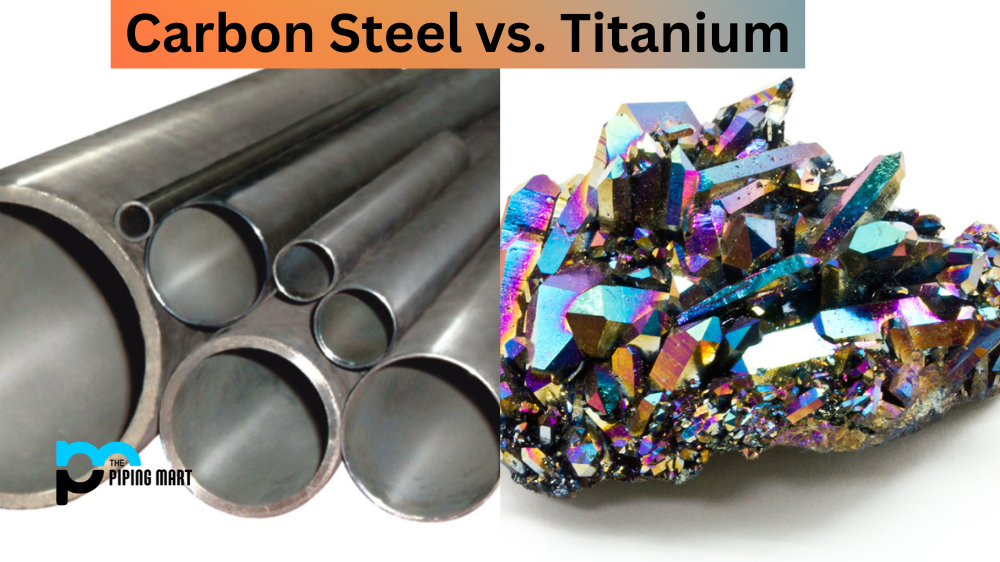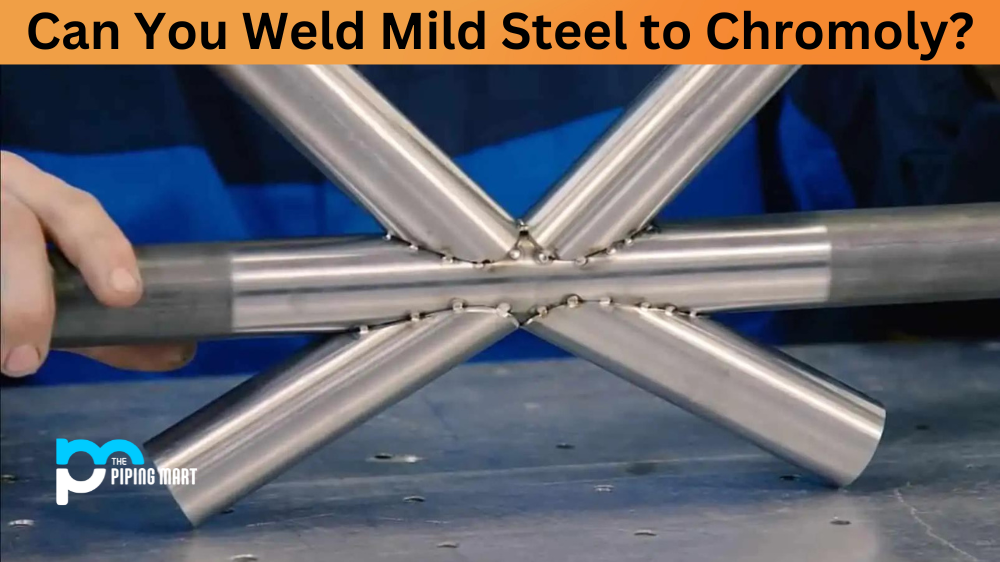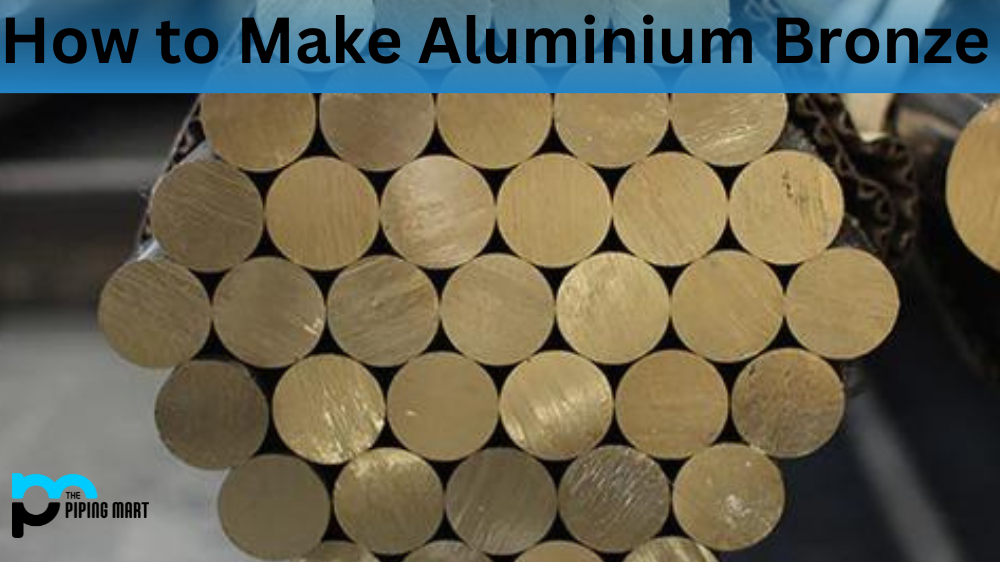When it comes to choosing the right material for your project, the debates between titanium and carbon steel can be heated. Both materials offer advantages and disadvantages depending on what type of application you are looking for. Let’s take a look at what makes these two metals so different from each other and how they could potentially benefit your project.
Carbon Steel Properties
Carbon steel is an alloy composed primarily of iron and carbon, with smaller amounts of manganese and trace elements. Carbon steel is strong, durable, corrosion-resistant, and relatively cheap, making it one of the most popular alloys used in construction projects today. It also has a low melting point compared to titanium, making it easier to weld. Additionally, carbon steel is highly malleable and can be easily manipulated into desired shapes or forms using simple tools like hammers or presses. This makes it ideal for applications that require intricate details or complicated shapes to be cut out of the metal. It’s also easy to paint or finish with coatings due to its low melting point.
Titanium Properties
Titanium is a lightweight but extremely strong metal that’s used in a variety of applications ranging from aerospace parts to medical implants. It’s lighter than steel but almost as strong (some grades even stronger), making it perfect for applications where weight savings are critical (spacecraft, aircraft). Additionally, titanium has excellent corrosion resistance due to its natural oxide layer that forms on its surface when exposed to air and water – this makes it ideal for applications where long-term durability is important (e.g., marine structures). Finally, titanium has a high melting point which allows for higher fabrication temperatures during welding processes; this means more precise and detailed welds can be achieved with less chance of warping or distortion of the finished part
Other Differences
- Titanium is much stronger than carbon steel.
- Titanium is much lighter than carbon steel.
- Titanium is much more corrosion-resistant than carbon steel.
- Titanium is much more expensive than carbon steel
- Carbon steel is easier to weld than titanium.
- Carbon steel is more susceptible to rusting than titanium.
Conclusion:
At the end of the day, choosing between carbon steel or titanium depends on your specific application requirements – there’s no one-size-fits-all solution here! Both have their advantages – carbon steel is cheaper and easier to work with, while titanium offers superior strength and corrosion resistance at a higher price tag. Weigh up your needs carefully before investing in either material; hopefully, this guide will serve as a good starting point!
Sakshee is a talented blogger, with a particular focus on the Business and Metal Industry. She is passionate about sharing her insights on various metal products and helping professionals to make a better decisions.




